Best Companion Plants For Peppers That Will Help You Grow A Thriving Harvest
Best Companion Plants for Peppers That Will Help You Grow a Thriving Harvest
Pepper plants are a popular choice for home gardens, and for good reason. They're relatively easy to grow, and they come in a wide variety of colors, shapes, and sizes. But did you know that there are certain plants that can help peppers grow even better?
That's right, companion planting is a great way to boost the health and productivity of your pepper plants. Companion plants are those that benefit each other when grown in close proximity. They can do this in a number of ways, such as attracting beneficial insects, repelling pests, or improving soil health.
If you're looking to grow a thriving harvest of peppers, then you'll want to consider planting some of the following companion plants:
- Basil. Basil is a classic companion plant for peppers, and for good reason. It helps to deter pests such as aphids, spider mites, and whiteflies. Basil also enhances the flavor of peppers, so you'll get a more flavorful harvest.
- Cilantro. Cilantro is another great companion plant for peppers. It helps to repel pests such as aphids and mosquitoes. Cilantro also helps to improve the soil's nitrogen content, which can benefit peppers.
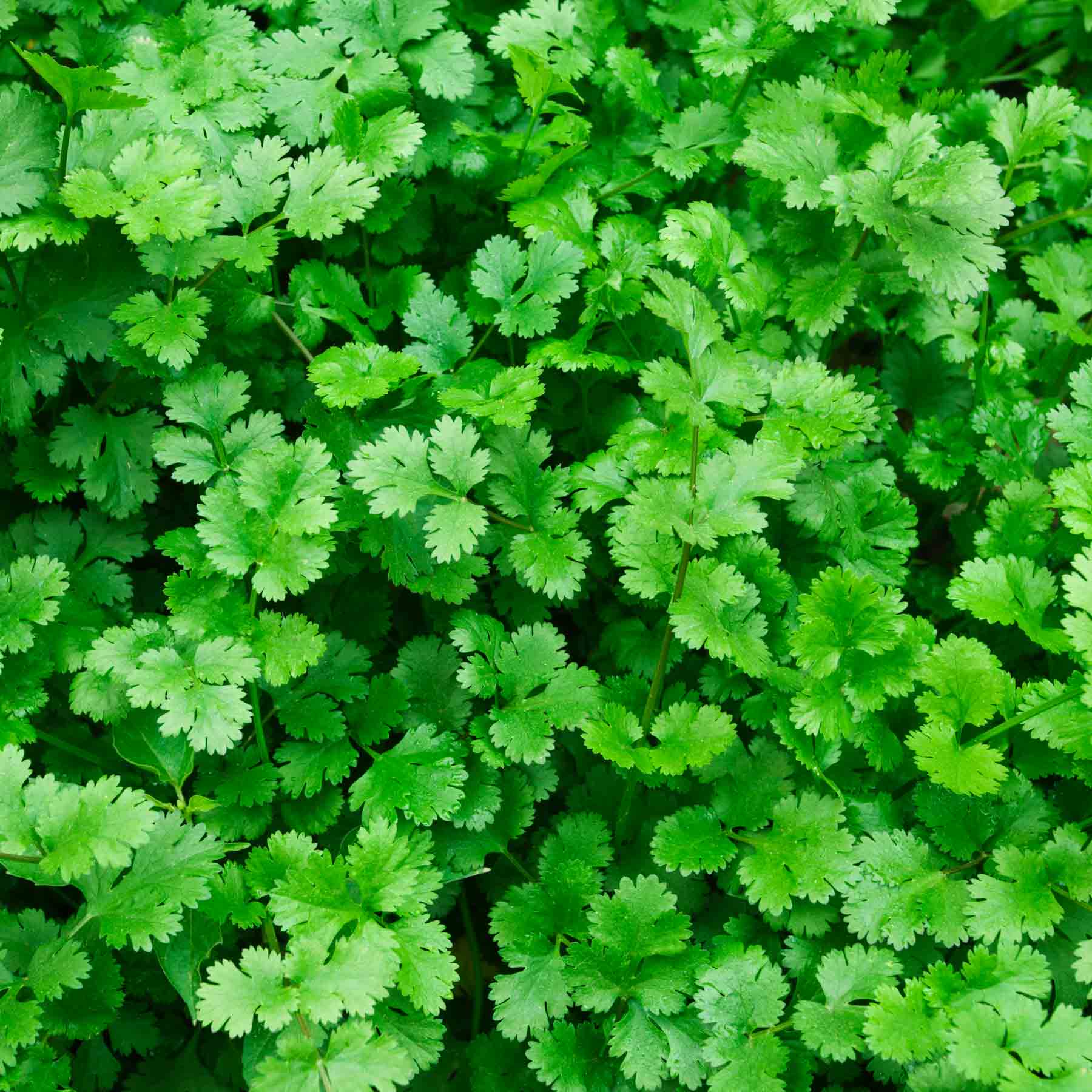
- Marigolds. Marigolds are not only beautiful flowers, but they're also great companion plants for peppers. They help to repel pests such as nematodes, rootworms, and whiteflies. Marigolds also help to improve the soil's drainage, which can be helpful for peppers, which are susceptible to root rot.
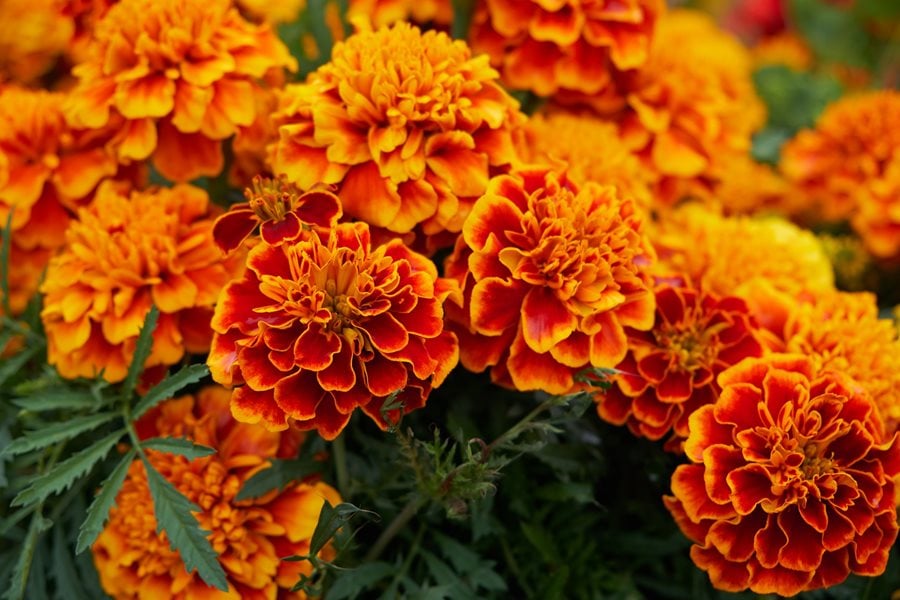
- Onions. Onions are another great companion plant for peppers. They help to repel pests such as aphids, beetles, and carrot rust fly. Onions also help to improve the soil's aeration, which can benefit peppers.
- Spinach. Spinach is a low-growing plant that can help to shade the roots of pepper plants, keeping them cool and protected from pests. Spinach also helps to improve the soil's nitrogen content, which can benefit peppers.
- Lettuce. Lettuce is another low-growing plant that can help to shade the roots of pepper plants. Lettuce also helps to improve the soil's moisture retention, which can be helpful for peppers in hot, dry climates.
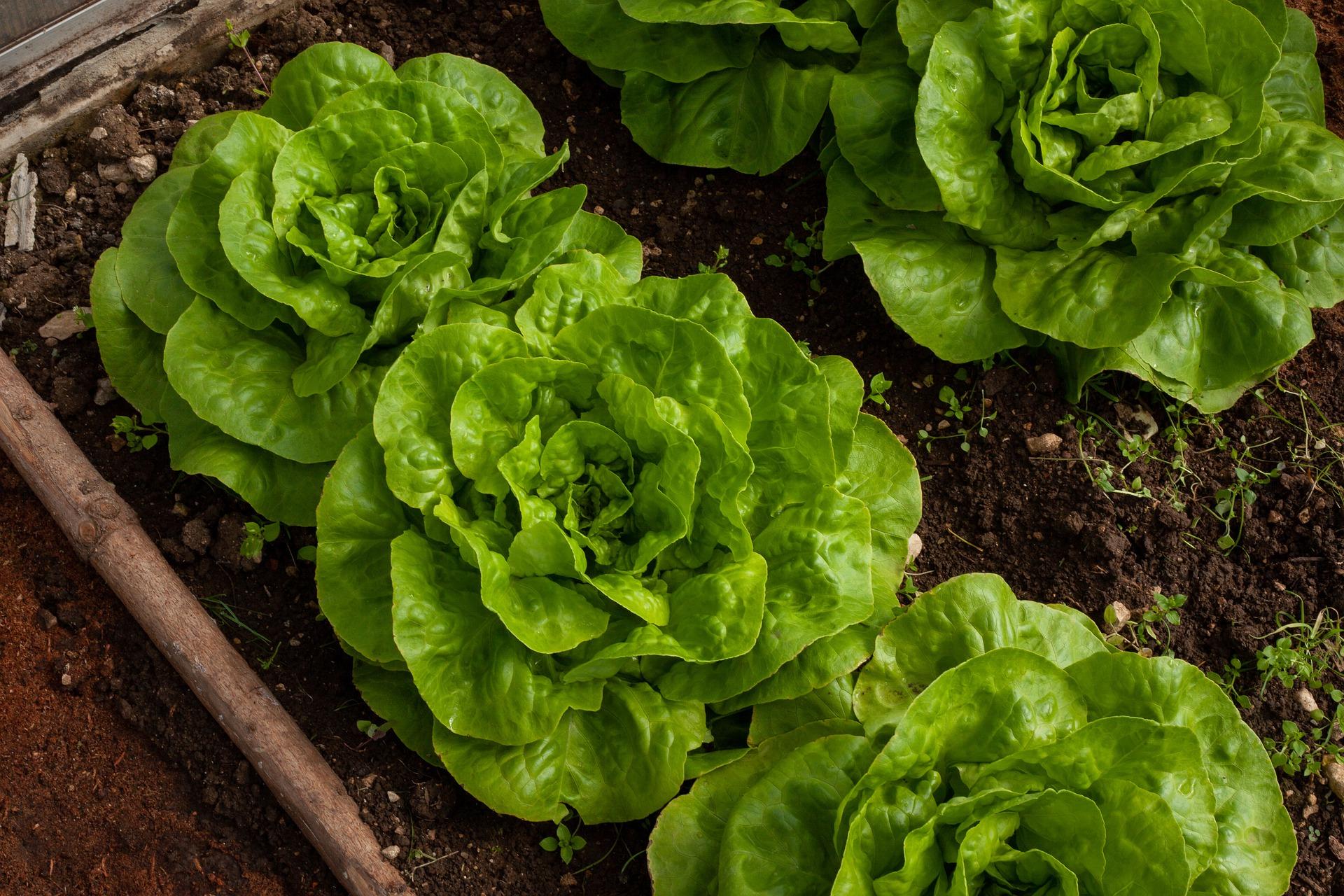
- Beans. Beans are legumes, which means that they can fix nitrogen in the soil. This can benefit peppers, which are heavy feeders. Beans also help to improve the soil's drainage, which can be helpful for peppers, which are susceptible to root rot.

- Peas. Peas are another legume that can fix nitrogen in the soil. They also help to improve the soil's aeration, which can benefit peppers. Peas are a good choice for companion planting with peppers in cooler climates.
- Cucumbers. Cucumbers are another good choice for companion planting with peppers. They help to shade the roots of pepper plants, keeping them cool and protected from pests. Cucumbers also help to improve the soil's moisture retention, which can be helpful for peppers in hot, dry climates.

These are just a few of the many companion plants that can benefit peppers. When choosing companion plants, it's important to consider the specific needs of your pepper plants. For example, if you're growing peppers in a hot, dry climate, you'll want to choose companion plants that help to improve the soil's moisture retention.
With a little planning, you can easily create a thriving pepper garden by planting companion plants. So get out there and start planting!
FAQ of best pepper companion plants
- What are the best companion plants for peppers?
Some of the best companion plants for peppers include:
* Basil: Basil repels pests like aphids and mosquitoes, and it also attracts beneficial insects like ladybugs and hoverflies.
* Carrots: Carrots help to loosen the soil and improve drainage, which can benefit pepper plants. They also attract beneficial insects like nematodes, which help to control pests.
* Chives: Chives repel aphids, spider mites, and other pests. They also help to improve the flavor of peppers.
* Dill: Dill attracts beneficial insects like hoverflies and ladybugs, which help to control pests. It also helps to improve the pollination of peppers.
* Marigolds: Marigolds repel nematodes, which can be a problem for pepper plants. They also help to improve the drainage of the soil and attract beneficial insects.
- What should I avoid planting near peppers?
Some plants that should be avoided planting near peppers include:
* Eggplants: Eggplants and peppers are both members of the nightshade family, and planting them too close together can increase the risk of disease.
* Tomatoes: Tomatoes and peppers are both susceptible to the same pests and diseases, so planting them too close together can increase the risk of an infestation.
* Potatoes: Potatoes and peppers are both susceptible to the same pests and diseases, so planting them too close together can increase the risk of an infestation.
* Cucumbers: Cucumbers and peppers compete for the same nutrients, so planting them too close together can stunt the growth of both plants.
* Melons: Melons and peppers compete for the same nutrients, so planting them too close together can stunt the growth of both plants.
- How far apart should I plant peppers?
The spacing requirements for pepper plants vary depending on the variety of pepper, but in general, peppers should be spaced at least 18 inches apart. If you are planting bush peppers, you can space them closer together, about 12 inches apart. However, if you are planting tall, vining peppers, you will need to space them further apart, about 24 inches apart.
- When should I start feeding my pepper plants?
You should start feeding your pepper plants once they start flowering. A high-potassium liquid fertilizer is a good choice for pepper plants. You can feed your pepper plants once a week throughout the growing season.
- How do I know if my pepper plants are getting enough water?
Pepper plants need consistent moisture, but they should not be overwatered. The soil should be kept moist, but not soggy. You can check the moisture level of the soil by sticking your finger about 2 inches into the ground. If the soil is dry to the touch, it is time to water your pepper plants.
Image of best pepper companion plants
5 different images of "best pepper companion plants" from Pinterest:
- Alyssum is a beautiful, hardy plant that produces lots of tiny flowers. The flowers attract pollinators, which help to improve the pollination of the pepper plants. Alyssum also helps to suppress weeds and improve the drainage of the soil.

- Basil is a fantastic garden herb that is easy to grow. The aromatic oils in basil help to deter pests, such as aphids and whiteflies. Basil also improves the flavor of peppers.

- Beets are another low-footprint crop that is a good pepper companion. Beets help to suppress weeds and improve the nitrogen content of the soil. They also help to attract beneficial insects, such as ladybugs and hoverflies.
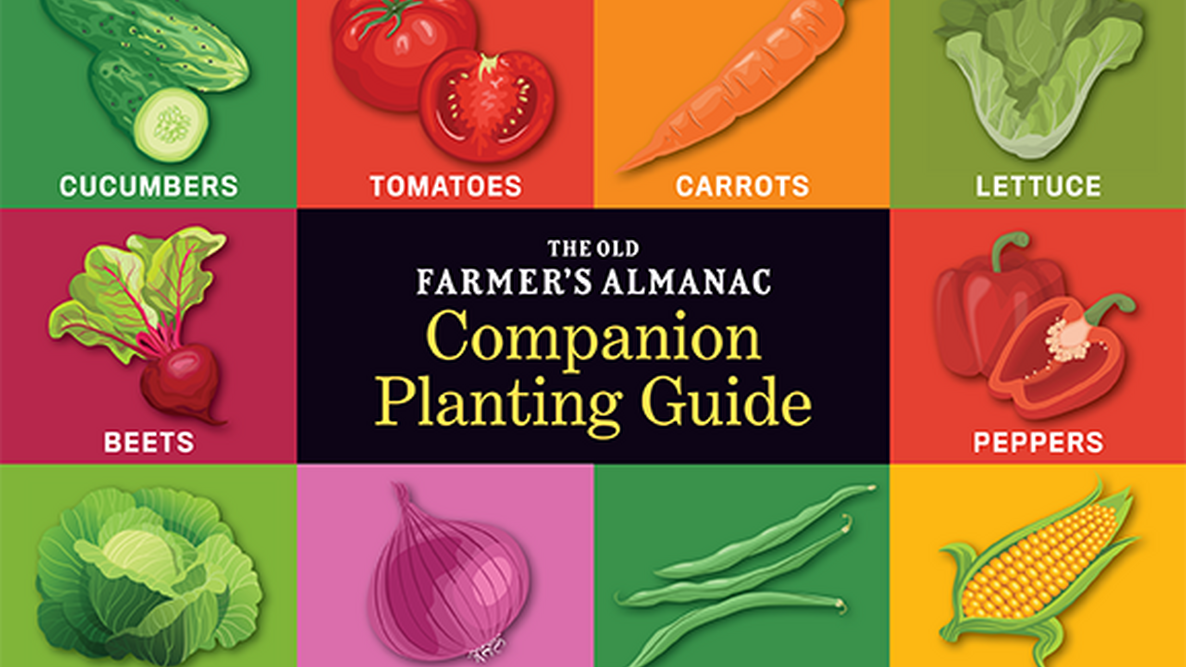
- Brussels sprouts are a cool-season crop that can help to protect pepper plants from pests and diseases. The large leaves of Brussels sprouts help to shade the pepper plants and keep them cool.
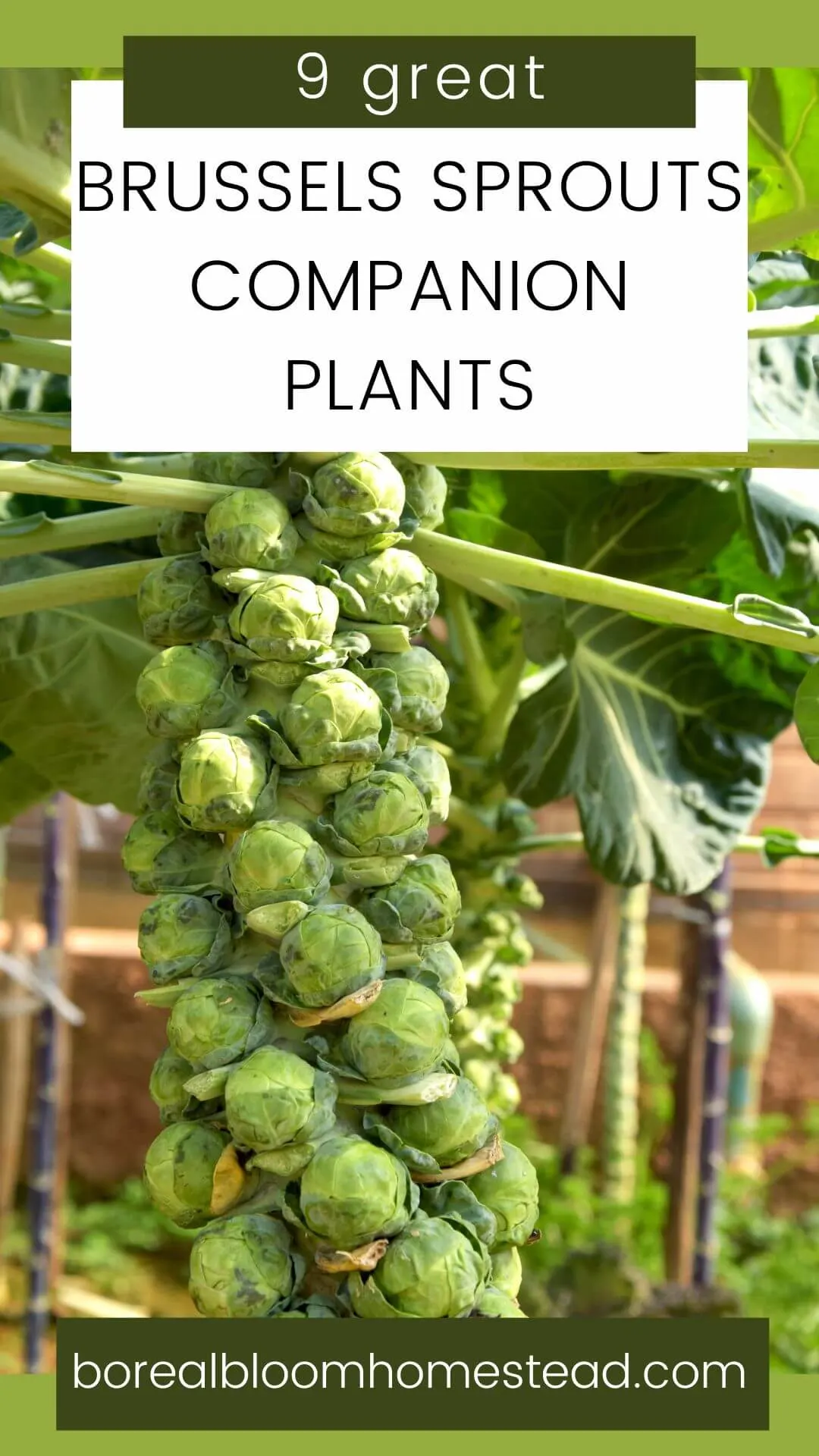
- Chives are another herb that is a good companion for peppers. Chives help to repel pests, such as aphids and spider mites. They also improve the flavor of peppers.

Post a Comment for " Best Companion Plants For Peppers That Will Help You Grow A Thriving Harvest"